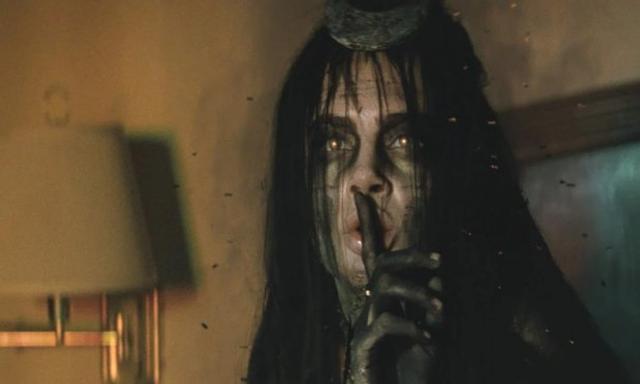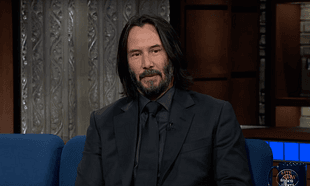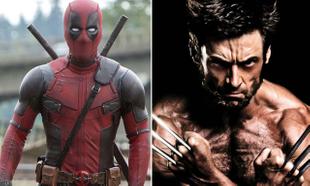Yet again, the curse of Chinese censorship laws has managed to prevent a major blockbuster from recouping some of its projected losses.
China is now officially the second-largest marketplace for films in the world and has been responsible for saving more than a few underperforming blockbusters this summer. Warcraft and Independence Day: Resurgence both had strong takings in China, despite the fact both weren't critically lauded or performed all that well in the US and European territories.
Essentially, when studios talk about worldwide box office, they're talking about the Chinese box-office. However, the issue with releasing in China is that the country has an incredibly strict censorship board that has a number of odd quirks compared to other countries. One of them is that China specifically bans any films that features or references ghosts.
Again, this is totally legit and it prevented Ghostbusters from getting a release in China.
The official guidelines specifically state that films that "propagate a passive or negative outlook on life, worldview and value system" are disallowed. Moreover, references to witches, Satanism, religion and so on are also up for banning under China's censorship laws. Suicide Squad's main protagonist is an ancient witch played by Cara Delevigne, which is likely one of the key issues facing the film.
To try and combat a few of these issues, it's been reported by THR that Warner Bros. has rebranded Suicide Squad in China to Special Task Force X. Not only that, it's been speculated that Warner Bros. could very likely edit the film to remove specific references to Enchantress' backstory. So far, China's censors have yet to approve Suicide Squad for release and the norm is, according to insiders, to notify studios of approval or denial at least thirty days out.
Should Suicide Squad fail to secure a release in China, it'll be one in a string of woes for the production. As we reported yesterday, the second-largest cinema chain in Mexico has pulled Suicide Squad from its screens and the critical reviews have been largely negative.
Via THR









































































